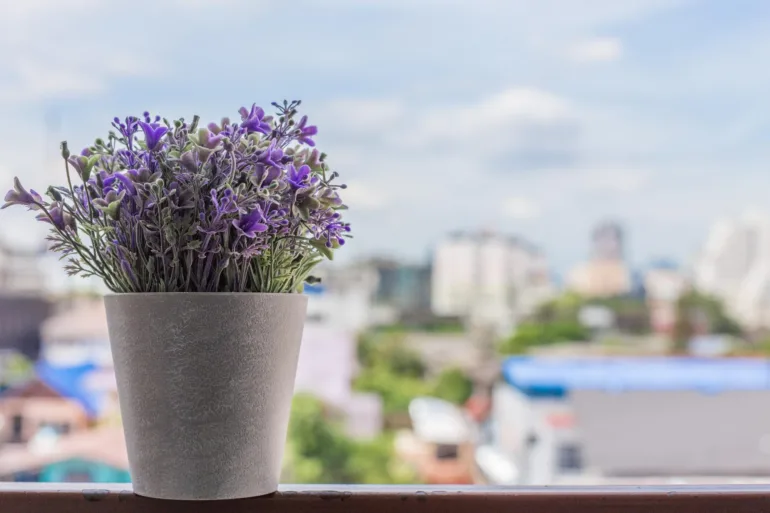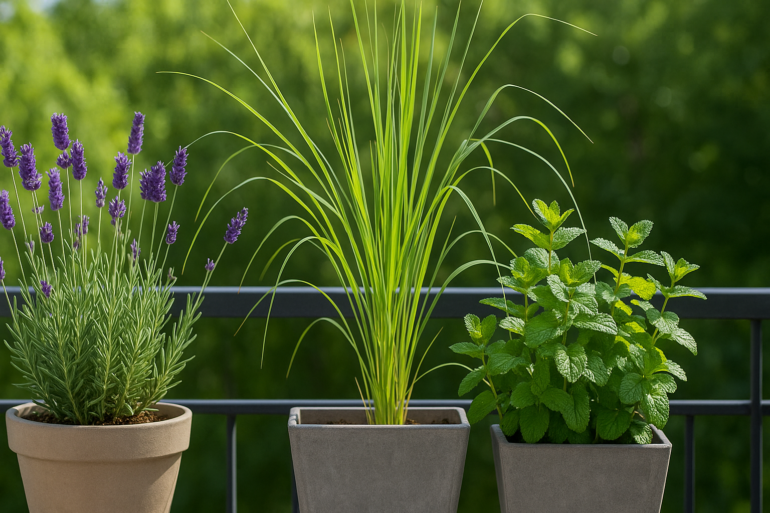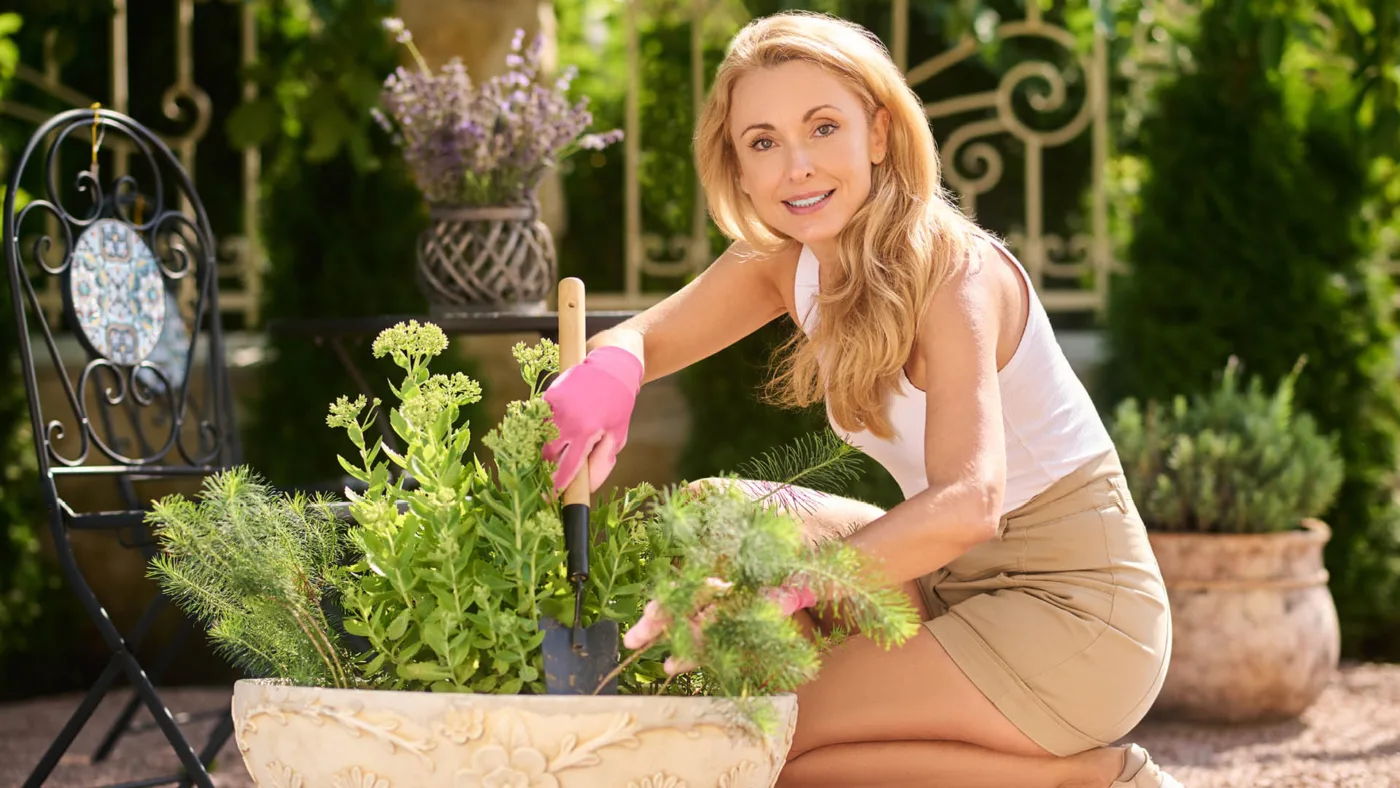Do you struggle with wasps every summer? Are you tired of constantly waving your arms when wasps attack you during a picnic or an evening sitting in the garden? It's time to plant a plant that acts as a natural wasp trap.
How does a natural trap work? wasps? When temperatures start to rise, nature comes alive in all its glory. The days are longer, the air is warmer. Everything calls for outdoor gatherings, picnics, dinners on the terrace and enjoying nature.
But with the heat comes unwanted visitors – wasps. They are often attract the smell of food, fruit or sweet drinks, and although they may initially seem like just an annoyance, their presence can quickly become dangerous.

Natural Wasp Trap: The Smell That People Love, Wasps Detest
In contrast to chemical agents that need to be regularly renewed and often have an aggressive effect on the skin and respiratory system, there is a plant that provides natural defense - lavender.
It emits a strong floral scent that is pleasant to people, and extremely repellent.

Why lavender?
Lavender is extremely versatile, low maintenance and heat-resistant. It loves the sun, thrives in dry soil, and blooms throughout much of the summer.
Its ability to repel wasps is not its only advantage – it also attracts beneficial pollinators, which means your garden will come alive with its scent.
Where to plant it for maximum effect?
The greatest effect is achieved if it is strategically placed near entry points: front doors, window sills, the edges of the terrace, next to the garden table. If planted in pots, it can be moved to where the wasp problem is greatest if necessary. In pots It also grows well on balconies, which is especially practical for apartment building residents where space is limited.

Combination with other fragrant plants
For an even stronger effect, you can combine with other plants, which also act as natural repellents – for example, with mint, lemongrass or thyme. Together they create a fragrant shield that repels wasps while filling the air with refreshing, natural scents.
You no longer have to spend your summer fighting waspsWith a few pots of lavender, you can create a space where you can peacefully enjoy your morning coffee or evening gatherings.






